Universe : the definitive visual guide
- 540 páginas
- 19 horas de lectura
"Universe reveals space in all its awe-inspiring wonder"--Jacket.
Martin Rees es un cosmólogo y astrofísico inglés cuyo trabajo se centra en la comprensión del universo. Su producción literaria profundiza en cuestiones existenciales profundas, explorando las fronteras de nuestro conocimiento y los futuros potenciales de la humanidad dentro del cosmos. El estilo de Rees es conocido por su habilidad para hacer que los conceptos científicos complejos sean accesibles a una amplia audiencia, al tiempo que mantiene el rigor científico y un profundo respeto por los misterios del universo. Su escritura inspira la reflexión sobre nuestro lugar en el cosmos y las infinitas posibilidades que tenemos por delante.


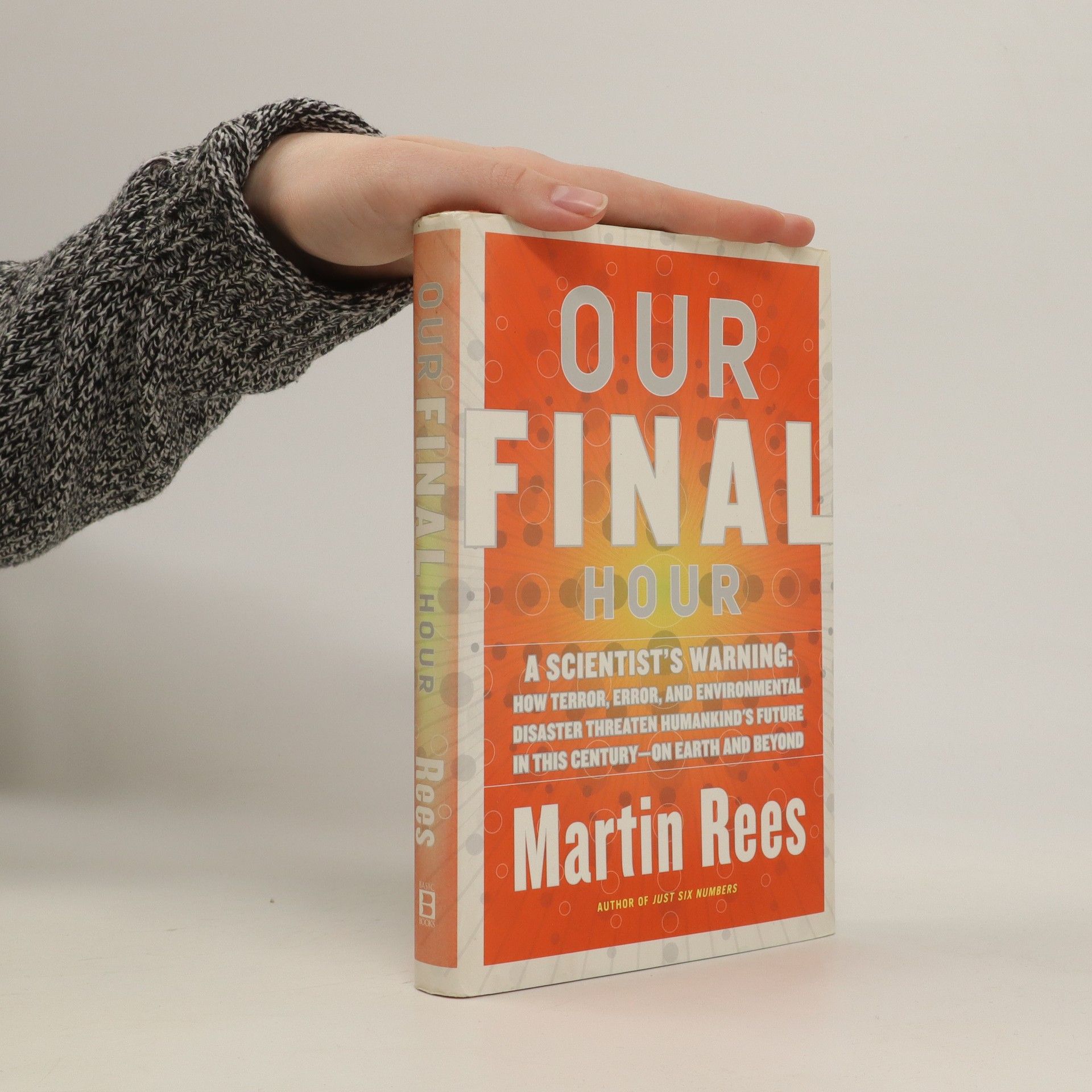
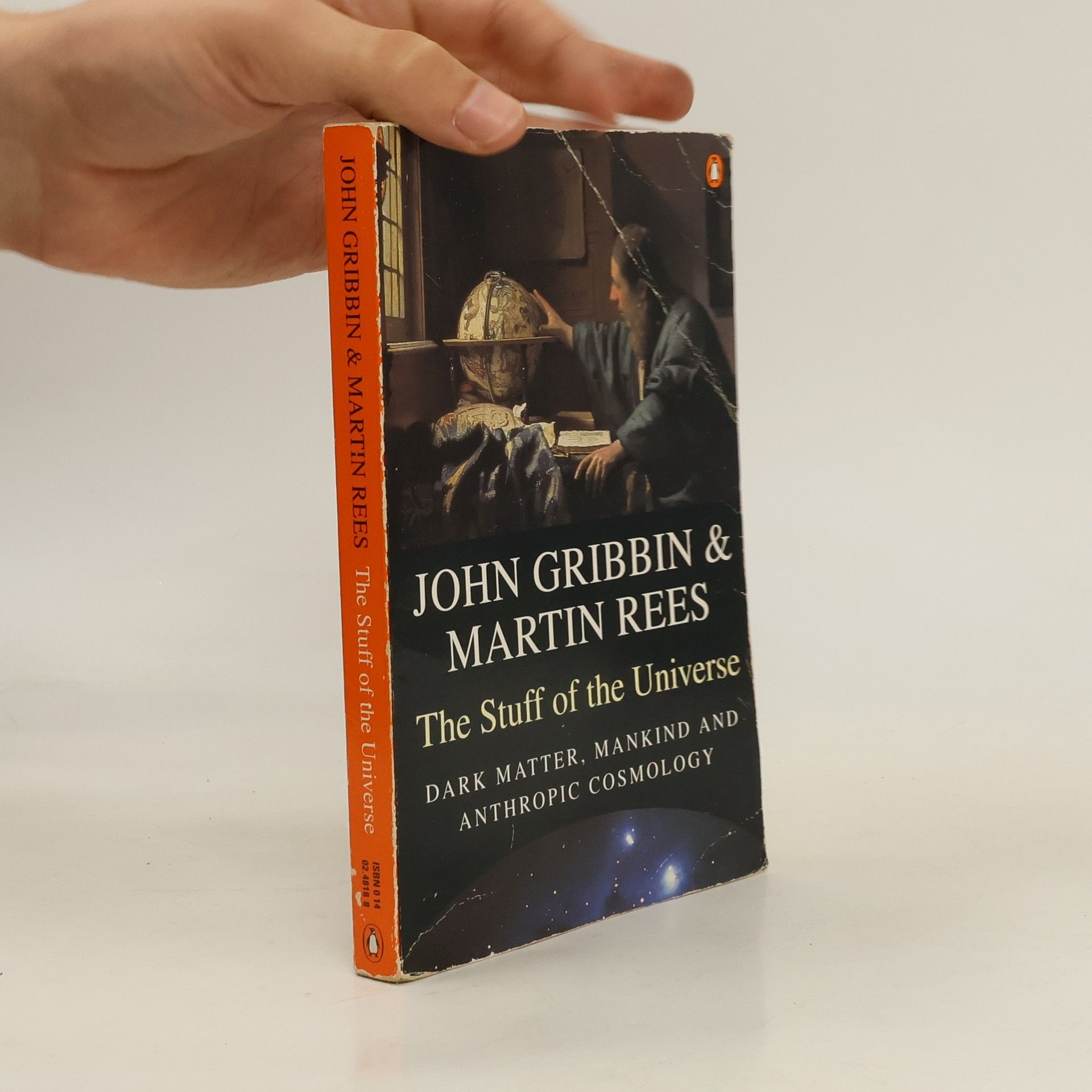
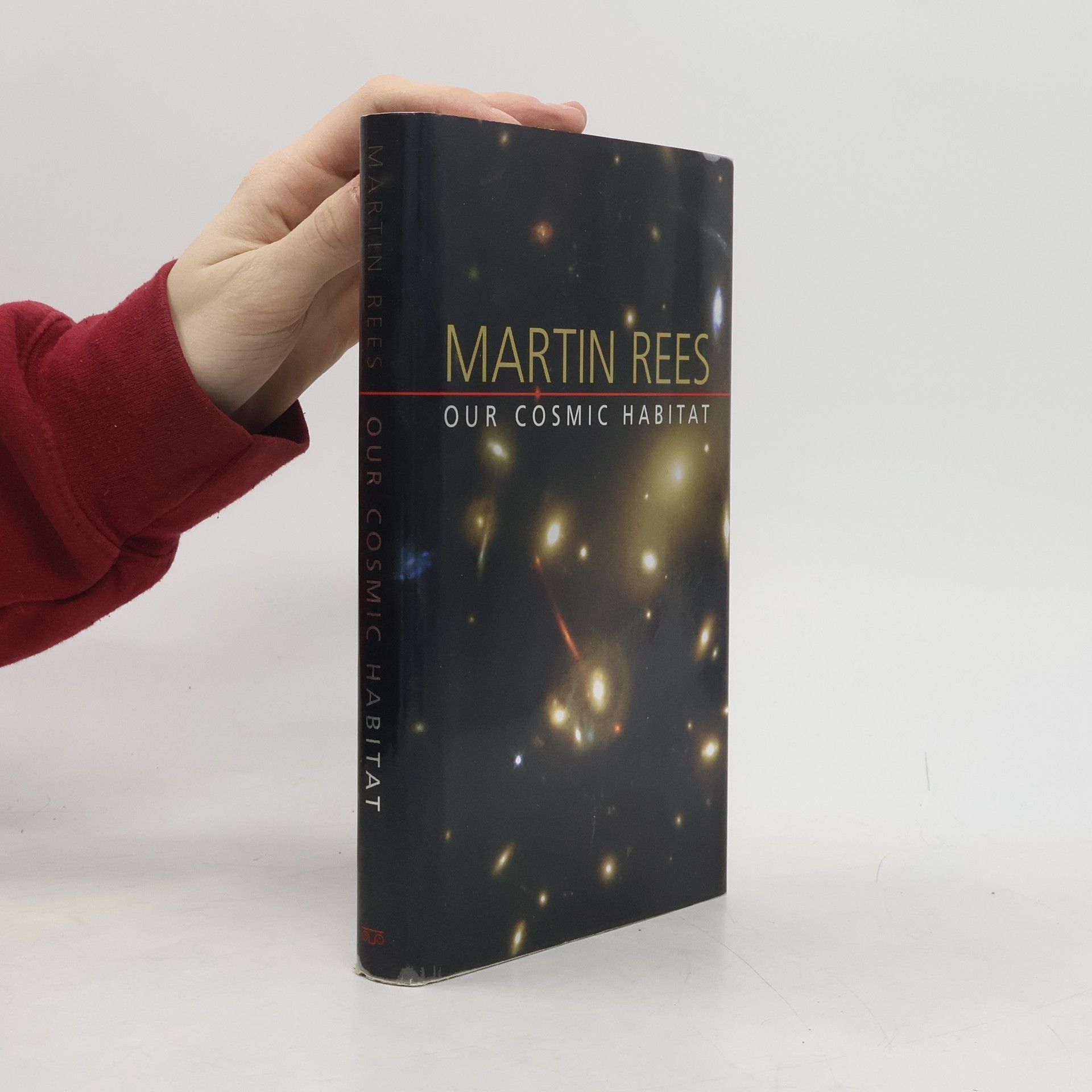
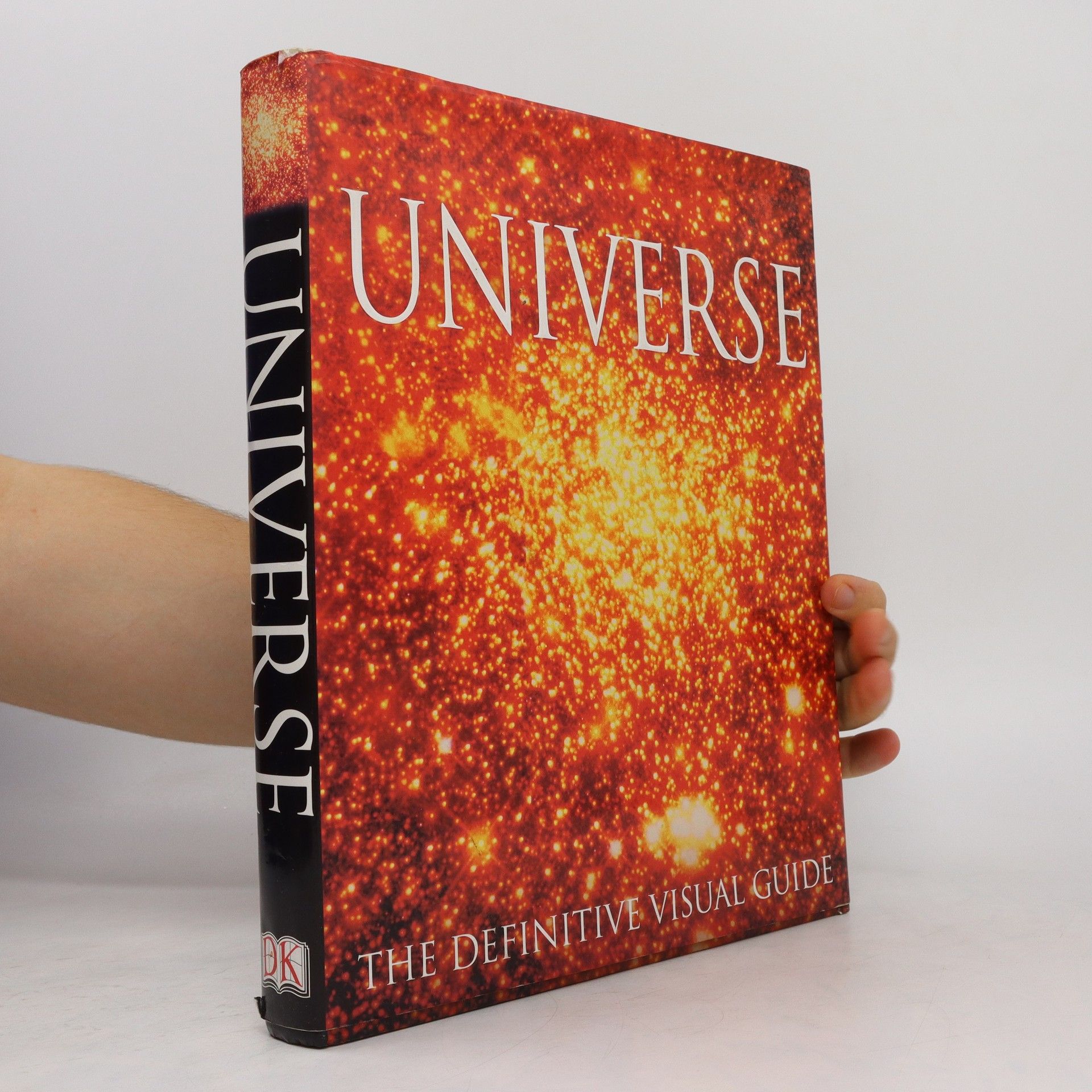
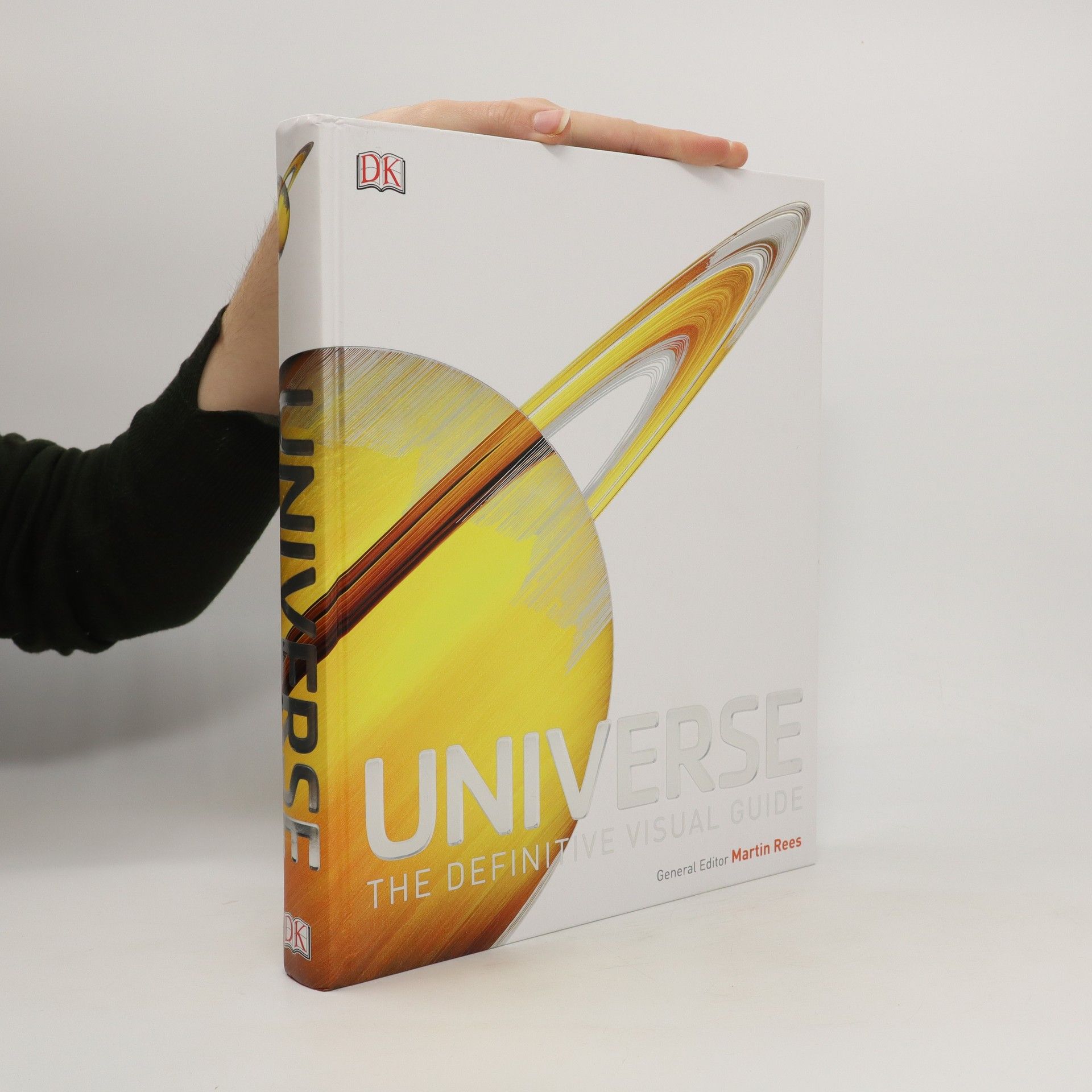
"Universe reveals space in all its awe-inspiring wonder"--Jacket.
Exceptional full-color photographs representing the latest captures from space telescopes and detailed digital artwork enhance a comprehensive study of the world of outer space, from Earth's closest neighbors in the solar system to the farthest galaxies, documenting the planets, their moons, stars, galaxies, supernovas, and other celestial phenomena.
Our universe seems strangely ''biophilic,'' or hospitable to life. Is this happenstance, providence, or coincidence? According to cosmologist Martin Rees, the answer depends on the answer to another question, the one posed by Einstein's famous ''What interests me most is whether God could have made the world differently.'' This highly engaging book explores the fascinating consequences of the answer being ''yes.'' Rees explores the notion that our universe is just a part of a vast ''multiverse,'' or ensemble of universes, in which most of the other universes are lifeless. What we call the laws of nature would then be no more than local bylaws, imposed in the aftermath of our own Big Bang. In this scenario, our cosmic habitat would be a special, possibly unique universe where the prevailing laws of physics allowed life to emerge.Rees begins by exploring the nature of our solar system and examining a range of related issues such as whether our universe is or isn't infinite. He asks, for How likely is life? How credible is the Big Bang theory? Rees then peers into the long-range cosmic future before tracing the causal chain backward to the beginning. He concludes by trying to untangle the paradoxical notion that our entire universe, stretching 10 billion light-years in all directions, emerged from an infinitesimal speck.As Rees argues, we may already have intimations of other universes. But the fate of the multiverse concept depends on the still-unknown bedrock nature of space and time on scales a trillion trillion times smaller than atoms, in the realm governed by the quantum physics of gravity. Expanding our comprehension of the cosmos, Our Cosmic Habitat will be read and enjoyed by all those--scientists and nonscientists alike--who are as fascinated by the universe we inhabit as is the author himself.
In this exploration of our relationshop with the universe, the authors search for the grand design of the universe and the meaning of the so-called coincidences that allow life to exist on our planet. They present the latest advances in understanding of the nature of dark matter, explore mini and massive black holes, brown dwarfs and novel forms of matter such as quarks and quark nuggets. They discuss the search for a unified theory of all the particles and forces of nature: cosmic strings, superstrings and the possibility of a theory of everything. The authors also speculate on the possibility of the existence of other universes and of other intelligent life in our own.
A scientist known for unraveling the complexities of the universe over millions of years, Sir Rees now warns that humankind is potentially the maker of its own demise--and that of the cosmos. With clarity and precision, he maps out the ways technology could destroy the species and foreclose the potential of a living universe whose evolution has just begun
There has never been a time when ‘following the science’ has been more important for humanity. At no other point in history have we had such advanced knowledge and technology at our fingertips, nor had such astonishing capacity to determine the future of our planet. But the decisions we must make on how science is applied belong outside the lab and should be the outcome of wide public debate. For that to happen, science needs to become part of our common culture. Science is not just for scientists: if it were, it could never save us from the multiple crises we face. For science can save us, if its innovations mesh carefully into society and its applications are channelled for the common good. As Martin Rees argues in this expert and personal analysis of the scientific endeavour on which we all depend, we need to think globally, we need to think rationally and we need to think long-term, empowered by twenty-first-century technology but guided by values that science alone cannot provide.
Astronomer Royal Martin Rees shows how the behaviour and origins of the universe can be explained by just six numbers.
Humanity stands at a pivotal moment, facing existential risks in a rapidly changing world. While a range of outcomes—both positive and negative—are possible, our current approach is marred by short-term thinking, divisive debates, alarmist rhetoric, and pessimism. In this engaging book, renowned scientist and bestselling author Martin Rees emphasizes that our future hinges on a shift in how we plan for tomorrow. The fate of humanity is intertwined with the future of science and our ability to leverage technological advancements to tackle pressing challenges. To harness science effectively, we must adopt a rational, global, collective, and optimistic perspective focused on the long term. Innovations in biotechnology, cybertechnology, robotics, and artificial intelligence hold the potential to uplift both the developing and developed worlds, addressing threats like climate change and nuclear conflict. Additionally, advancements in space science could enable exploration of the solar system and beyond. However, there is no "Plan B" for Earth; we must prioritize the care of our planet. This accessible book offers intriguing insights into cutting-edge science and technology, appealing to anyone eager to grasp the critical issues shaping humanity's future on Earth and beyond.
This volume presents an unique and accessible synthesis of modern cosmology. In recent years, observational cosmology has made remarkable advances, bringing into sharper focus a new set of fundamental questions that Martin Rees addresses in this book. Why is the universe expanding the way it is? What were the 'seeds' that caused galaxies, clusters and superclusters to form? What is the nature of 'dark matter'? What happened in the very early universe? The latest exciting advances and theories are discussed, while maintaining a clear distinction between aspects that now have a firm empirical basis and those that remain speculative.
How did a single genesis event create billions of galaxies, black holes, stars and planets? How did atoms assemble—here on earth, and perhaps on other worlds—into living beings intricate enough to ponder their origins? What fundamental laws govern our universe? This book describes new discoveries and offers remarkable insights into these fundamental questions. There are deep connections between stars and atoms, between the cosmos and the microworld. Just six numbers, imprinted in the big bang, determine the essential features of our entire physical world. Moreover, cosmic evolution is astonishingly sensitive to the values of these numbers. If any one of them were untuned, there could be no stars and no life. This realization offers a radically new perspective on our universe, our place in it, and the nature of physical laws.